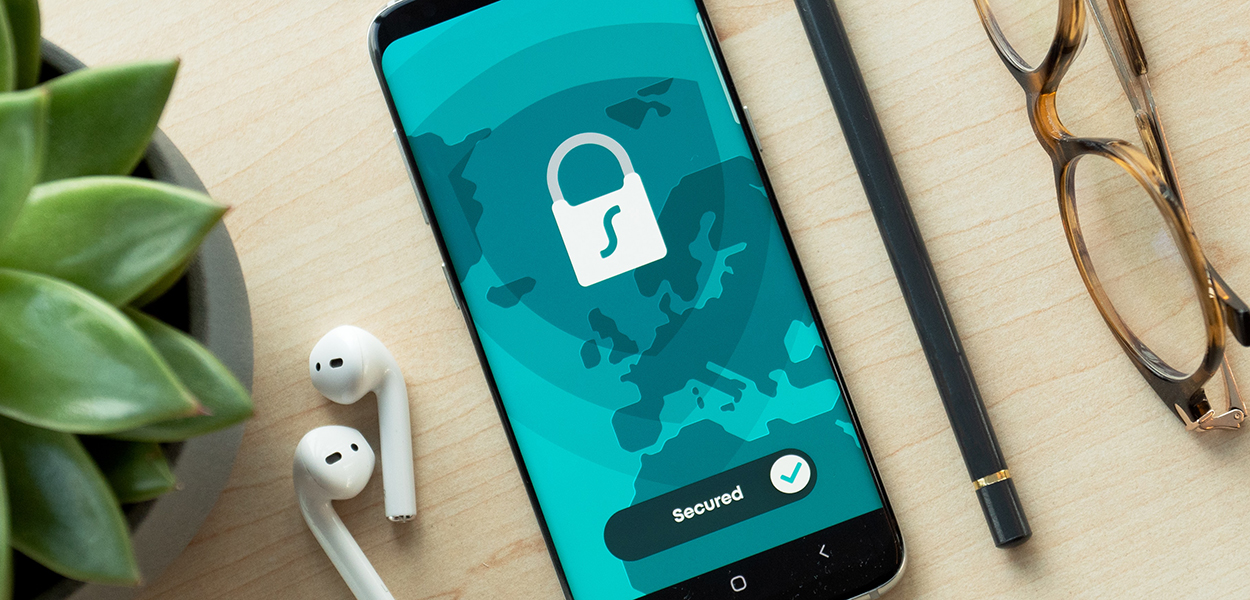Firstly we will look at the types of virus / malware and why it is so important that we protect ourselves and then we will look at some starting points that I suggest to our customers to protect themselves.
Some of the many Virus / Malware threats out there.
Malware
This is the general term that is used to describe all the different types of software that are used to harm and collect information from your computer. Malware or malicious software is the general term for viruses, spyware, scare ware, trojans and worms.
Viruses
A virus is a program that copies itself on your computer, and then copies itself from file to file, infecting each file as it spreads throughout your computer. The virus will then try to spread to another computer and this makes them harder to repair. It is vital that you make sure that you have antivirus installed on your computer and it is just as important to make sure that the antivirus software is kept up to date so it can protect you from new viruses and malware.
Spyware
Spyware is any software that you install on your computer that is collecting information from your computer and sending it to someone on the Internet usually without you knowing it. Spyware can be used as part of marketing campaign or it can be used to collect your passwords and credit card numbers. One very good example of Spyware is the multitude of different tool bars that are now available for Internet browsers. The more Spyware you have on your computer the slower it will run.
Scare Ware
This is an attack on your computer that usually pops up when you are browsing a new website. What usually happens is the website displays a page that looks like an antivirus scan that says it has found hundreds of viruses on your computer and you should download a certain program to resolve this or else. You will usually find that you then have to pay a certain amount of money before you can get your computer working again.
Trojans
A Trojan is a piece of software that you think is doing a simple task on your computer but unbeknownst to you there is some malicious code in the software that is wreaking havoc on the Internet. A Trojan could be sending hundreds of thousands of emails a day from your computer or attacking corporate websites holding them to ransom. There are usually thousands of computers with Trojans installed on them doing these attacks. The major difference between a virus and a trojan is that trojans don't replicate themselves, they must be installed by an unwitting user
Worms
A worm uses the network to copy itself and thus they can really travel rapidly around the Internet. They usually use a hole or vulnerability in a piece of software. Whenever a hole in a piece of software is found the good software companies will provide a patch to remove the hole and fix the vulnerability.
Four Ways To Help Protect You And Your Network:
Antivirus Protection
Once a computer has been compromised with viruses, it is a timely and costly issue to fix. This is a definite case where prevention is better and cheaper than the cure. I suggest that you install your antivirus as soon as you get a new computer and if possible it should be installed before the computer is put on the network. Once you have your antivirus installed, you need to make sure you are running regular virus scans and updating your antivirus definitions daily. I recommend Eset NOD antivirus to our clients.
Staff Training
Whenever a new person starts in your company, they will go through an induction program where they learn about the company and how to do their job. I suggest that as part of this induction process, staff should be made aware of the importance of computer security in the company and how they should always be vigilant for security vulnerabilities. Your staff plays an important role in keeping your computer network secure.
Firewall
A secure network has a firewall installed that is better than the basic one that comes with your Broadband connection. A Firewall is the first line of defence for protecting your network from all the threats on the Internet. A good Firewall will help lock down your network from the outside and it will also help you control and monitor what is happening inside your network. I use Cisco & Sonicwall Firewalls and they catch viruses before they get into the network, prevent hackers accessing the network and also stop your users from going to websites that could harm your network.
Software Patches
To have a secure network, you need to make sure that your computers and servers are secure. One of the steps in making sure your computers and servers are secure is to make sure that software patches are applied to them. In most cases you can let Windows automatic updates deal with updating the operating system but you must make sure you are updating other software that you use to help keep your computer secure. You need to remember that your network is only as secure as the weakest link and if you do not update your computers, you are weakening your network.
These are just some of the basic starting points to having a secure network.


